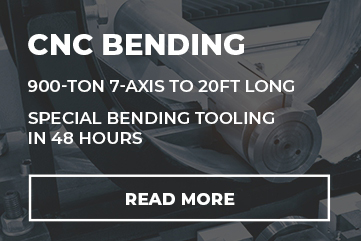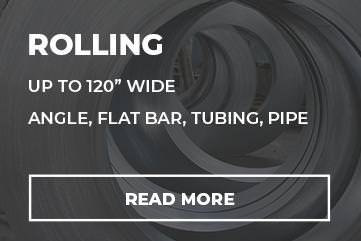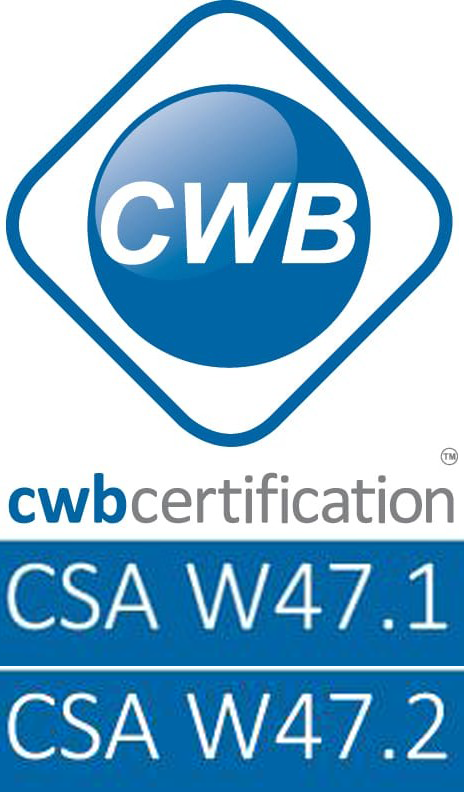News
The Importance Of Quality Welding
Having quality welds for any project that requires welding is paramount. From safety and liability reasons to something as simple as aesthetics, there are many definitions of a quality weld. So what makes a quality weld?
Three Contributing Factors to Welding Quality
Certified Welders
It’s no secret, quality welds start with professional, certified welders. The Canadian Stands Association requires companies that wish to be certified for fusion welding of steel, comply and follow guidelines the CSA has set in place, including providing documentation as requested. The certification is known as the CSA Standard w47.1.
Certified Weld Inspectors
To ensure quality in a weld, it’s critical that a professional weld inspector is present at all times during the process, and not simply inspecting the final product. A certified weld inspector ensures that everything in the pre-weld environment is correctly calibrated and set to ensure that the welding process is able to be completed correctly, including any clamps or specific joint positions. Once everything is ready for the certified welder to begin welding, the inspector will continue to monitor the process to ensure quality and compliance with welding standards. Finally, as expected, the welding inspector will inspect all finished welds, as the inspector is accountable for the final quality of the weld. If the inspector gives the weld a passing grade, you can guarantee the welds are of high quality.
Stress Relieving
During the welding, there is one specific process that can make or break a weld, literally; it’s called stress relieving of a weld. When welding, molten metal is used to fuse two pieces of metal together. During this process, the molten metal begins to cool quickly, too quickly in fact. As the weld begins to cool to room temperature, the weld shrinks and pulls the other metal pieces out of the optimal setting. To combat this type of shrinking, stress relieving of a weld is undertaken, where a weld is either treated by heated air or electricity. A benefit of this type of stress relieving is not only a strong and precise weld but also any discolouration or corrosion that may have occurred to the metal during the initial weld; this step is referred to as passivation.
These three elements help to produce a quality weld. If you’re unsure if your current welders are producing quality, safe, and strong welds, contact us immediately and have a certified professional assist you.








